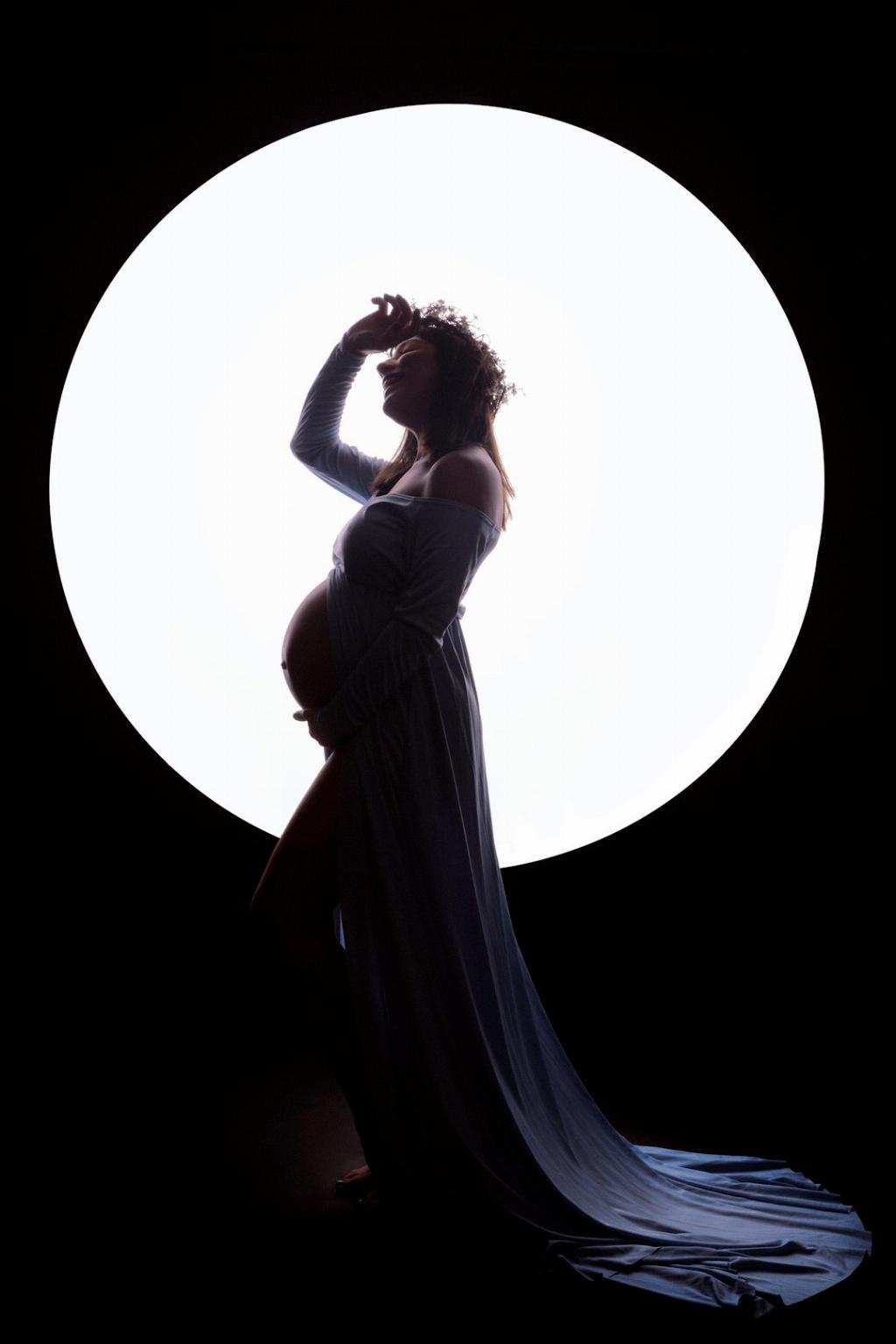When expecting a baby, it’s natural to be extra cautious about the products you use in your home, including household cleaning products. These items play a crucial role in keeping our living space clean and safe. However, not all cleaning products are created equal, especially when it comes to pregnancy.
Dishwasher and Laundry Detergents
One of the good news during pregnancy is that common household items like dishwasher and laundry detergents are typically considered safe to use. These products are designed to tackle tough stains and dirt without posing a significant risk to expecting mothers. Just ensure that the area is well-ventilated when using them.
Window Cleaners
Window cleaners are another category of cleaning products that are generally safe during pregnancy. They are formulated to help you achieve streak-free, sparkling windows without harmful effects on your health or that of your baby. Again, proper ventilation is key to minimize exposure to any fumes.
All-Purpose Cleaners
All-purpose cleaners are versatile products that can be used on various surfaces around the house. The good news is that most all-purpose cleaners are safe to use during pregnancy. They can effectively disinfect and clean your home without posing a threat to the developing fetus.
Heavy-Duty Cleaners
On the flip side, heavy-duty cleaners like undiluted bleach, tile cleaners, and oven cleaners should be used with caution during pregnancy. These products contain strong chemicals that can be harmful when inhaled or come into contact with the skin. It’s best to avoid using these cleaners or opt for safer alternatives.
Air Fresheners
Air fresheners are popular products used to mask odors and keep your home smelling fresh. However, many commercial air fresheners contain synthetic fragrances and chemicals that can be harmful, especially during pregnancy. Consider using natural alternatives like essential oils or homemade air fresheners.
DIY Cleaning Products
If you’re concerned about the safety of store-bought cleaning products, you can always opt to make your own DIY cleaning solutions using simple ingredients like vinegar, baking soda, and lemon juice. These natural cleaners are effective, safe, and eco-friendly, making them ideal choices for expectant mothers.
Read Labels Carefully
When selecting cleaning products during pregnancy, it’s essential to pay close attention to the labels. Look for products that are labeled as “non-toxic,” “eco-friendly,” or “safe for use around children and pets.” Avoid products with harsh chemicals or strong fragrances that can trigger allergic reactions.
Protective Measures
Regardless of the cleaning products you use, it’s crucial to take protective measures to safeguard your health and that of your baby. Wear gloves and long sleeves to avoid skin contact, open windows for proper ventilation, and take frequent breaks to prevent overexposure to fumes and chemicals.
Consult Your Healthcare Provider
If you have any concerns about the safety of household cleaning products during pregnancy, don’t hesitate to consult your healthcare provider. They can provide personalized advice and recommendations based on your individual situation and help you make informed decisions about the products you use in your home.
Conclusion
In conclusion, while many household cleaning products are safe to use during pregnancy, it’s essential to be mindful of the potential risks associated with certain products. By choosing safer alternatives, reading labels carefully, and taking necessary precautions, you can maintain a clean and healthy home environment for you and your growing baby.

